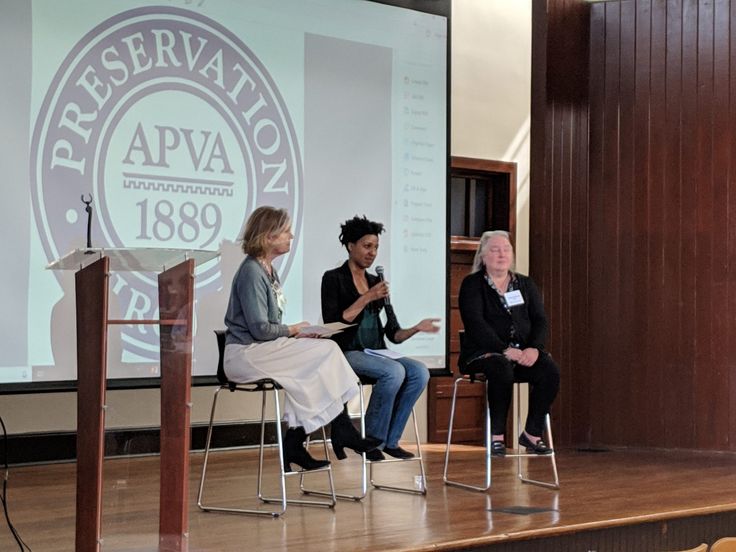In the heart of Virginia, a group of dedicated educators are taking a bold step to bridge the gap in education for a often overlooked population: incarcerated students. According to the Vera Institute, approximately 1 in 10 students in Virginia’s prisons are seeking a higher education, but the reality is that most are denied the opportunity to pursue their academic goals. Recognizing the significant barriers that incarcerated students face in accessing higher education, educators and advocacy groups have joined forces to expand college access and provide a pathway to success.
The Virginia Department of Corrections, in partnership with local colleges and universities, has launched a pilot program aimed at increasing educational opportunities for incarcerated individuals. This initiative, known as the “Virginia Prison Education Program,” allows students to take college courses on-site at correctional facilities, allowing them to earn credits and ultimately earn a degree. The program is designed to provide a comprehensive education, including coursework in areas such as English, math, and computer science, as well as vocational training in fields like culinary arts and construction.
In addition to the Virginia Prison Education Program, local organizations, such as the Virginia Prison Birth to College Network, are also working to support incarcerated students. The organization provides financial assistance, mentorship, and career guidance to help students navigate the complexities of higher education while incarcerated.
The impact of educational access on incarcerated students is profound. A study by the National Institute of Justice found that prisoners who participate in education programs have a 43% lower recidivism rate compared to those who do not. Moreover, education can also improve job prospects, health, and overall well-being, ultimately reducing the likelihood of recidivism.
As educators, policymakers, and advocates work together to expand college access for incarcerated students, it is clear that education is a critical component of rehabilitation and a vital step towards a more just and equitable society. By providing incarcerated individuals with the opportunity to pursue higher education, we can empower them to break the cycle of recidivism and build a brighter future for themselves and their communities.

